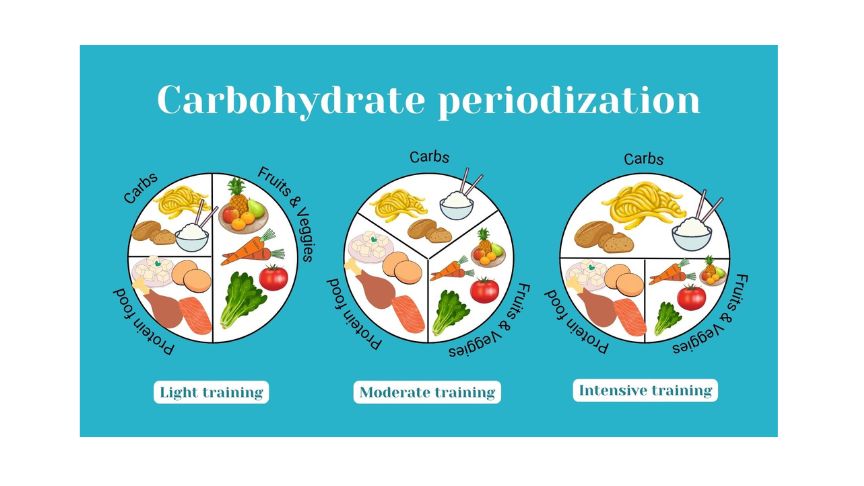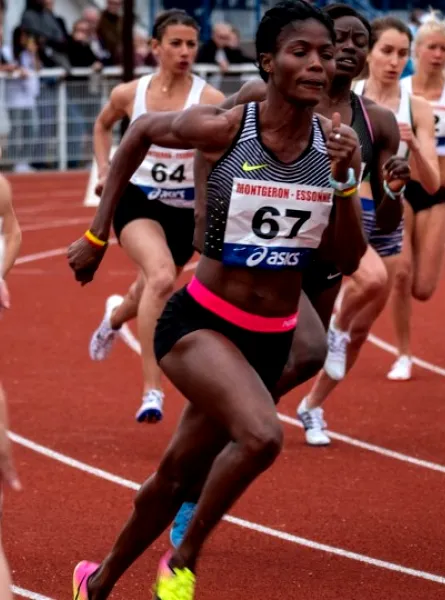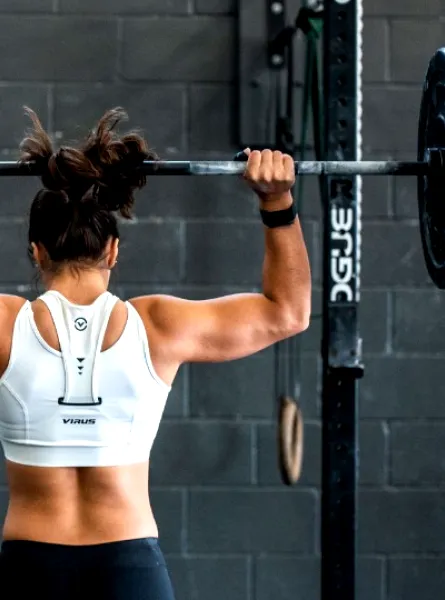
When you train regularly, whether it's for a specific sport, to improve your overall fitness, or to lose weight, it's important to adapt your diet accordingly. Your body needs adequate nutrients to support your energy expenditure and optimize your performance. In this article, we will introduce you to the best practices for adapting your diet to your training volume.

1. Carbohydrates: Your Main Fuel
Carbohydrates provide the necessary energy for your body during exercise. The higher your training volume, the more carbohydrates you need. Opt for complex carbohydrate sources within meals, such as whole grains, vegetables, fruits, and legumes, for more stable energy levels throughout the day.
Around training, one can opt for simple or refined carbohydrates, which are much faster to digest. This type of fuel is particularly effective in giving us a good dose of energy! For example, fresh and dried fruit, applesauce, smoothies, breakfast cereals, granola bars, energy balls, or white bread are options that can easily be consumed within an hour of starting training.
1.1 Carbohydrate Periodization
As training volume increases, carbohydrate needs increase to support the higher energy demand. Therefore, it's recommended to increase carbohydrate intake during periods when the volume and intensity of your workouts are particularly high. To achieve this, make sure that the grain product group (or starchy foods) occupies a larger proportion on your plate, as demonstrated below. A sports nutritionist can also guide you to establish a number of servings that will meet your nutritional needs.

For some more advanced endurance athletes, carbohydrate periodization may involve various techniques to maximize physiological adaptations and enhance performance. Among other things, some low-intensity workouts will be performed with low carbohydrate availability for the body (Jeukendrup, 2017). In theory, the goal is to force the body to use fats as the primary energy source for long, low-intensity events. Although relevant in some cases, this periodization technique must be used intelligently to be effective.
2. Proteins: Muscle Building
Proteins are essential for muscle recovery and the building of new tissues. To support your training, consume quality protein sources such as lean meat, fish, eggs, dairy products, legumes, tofu, and nuts. Spread your protein intake throughout the day for optimal absorption. It is especially important that the post-workout meal or snack be high in protein to support muscle recovery.
3. Fats: A Sustainable Energy Source
Fats are a sustainable energy source for your body. Choose good fat sources like olive oil, avocados, nuts, and seeds. Omega-3 fatty acids found in fatty fish, such as salmon and sardines, are particularly beneficial for cardiovascular health and muscle recovery.
4. The Importance of Meal Timing
Depending on your training volume, it may be wise to adjust the timing of your meals. Before exercise, favor light meals rich in carbohydrates to provide energy. Avoid eating a heavy meal immediately before training, as this can lead to a feeling of heaviness and discomfort, not to mention that it may cause gastrointestinal issues. After exercise, consume proteins to promote muscle recovery, and carbohydrates to replenish your energy reserves.
5. Dietary Supplements, Necessary?
Sometimes, supplements can be beneficial to complement your diet. However, it's important to consider them as an addition, not a miracle solution. Consult a healthcare professional or nutritionist before taking supplements to ensure their relevance and safety.
Finally, adapting your diet according to your training volume is essential for maximizing your performance and results. Understand your specific nutritional needs, prioritize complex carbohydrate sources, quality proteins, and healthy fats, and adjust meal timing as needed. By combining a balanced diet with regular training, you put all the chances on your side to achieve your health and fitness goals. Don't forget to consult a healthcare professional or nutritionist for personalized advice based on your individual situation.
REFERENCES
Jeukendrup A. E. (2017). Periodized Nutrition for Athletes. Sports medicine (Auckland, N.Z.), 47(Suppl 1), 51–63. https://doi.org/10.1007/s40279-017-0694-2





